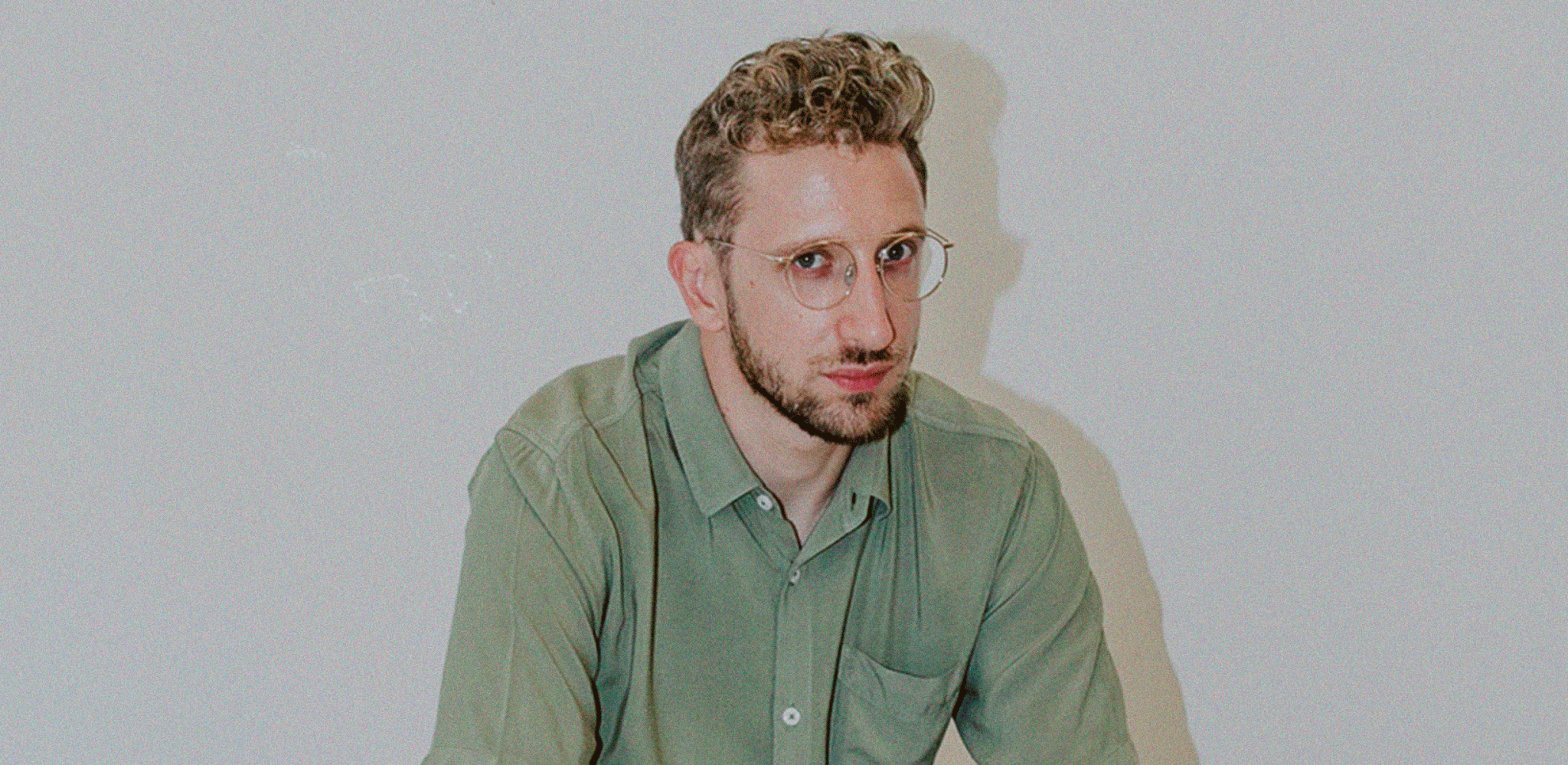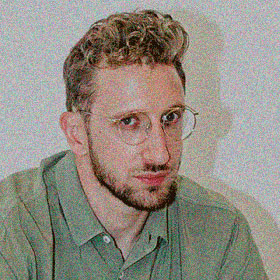In common with Forensic Architecture, the collective with which Abu Hamdan has several times collaborated (he studied under its founder, Eyal Weizman), the Lebanese-British artist is committed to art as a form of political activism or, to use his own words, ‘truth production’. He differs from it in seeming to be as committed to the demands of making art as to the ethical responsibilities of bearing witness. Styling himself as a ‘private ear’, a term he says allows him to combine the role of artist and investigator, he has this year shown his investigations into sound in art fairs (in the Parcours section of Art Basel), commercial galleries (shows at Maureen Paley in London and Sfeir-Semler in Beirut), biennials (Venice and Sharjah) and museums (a solo at Witte de With Center, Rotterdam). He also follows Forensic Architecture in being nominated for the Turner Prize this year, for a body of work that maps a Syrian prison through prisoners’ recollections of the sounds they heard.
Advertisement
Power 100
Most influential people in 2019 in the contemporary artworld
- 201998
- 2018
- 2017
- 2016
- 2015
- 2014
- 2013
- 2012
- 2011
- 2010
- 2009
- 2008

Related articles
Advertisement
Advertisement
